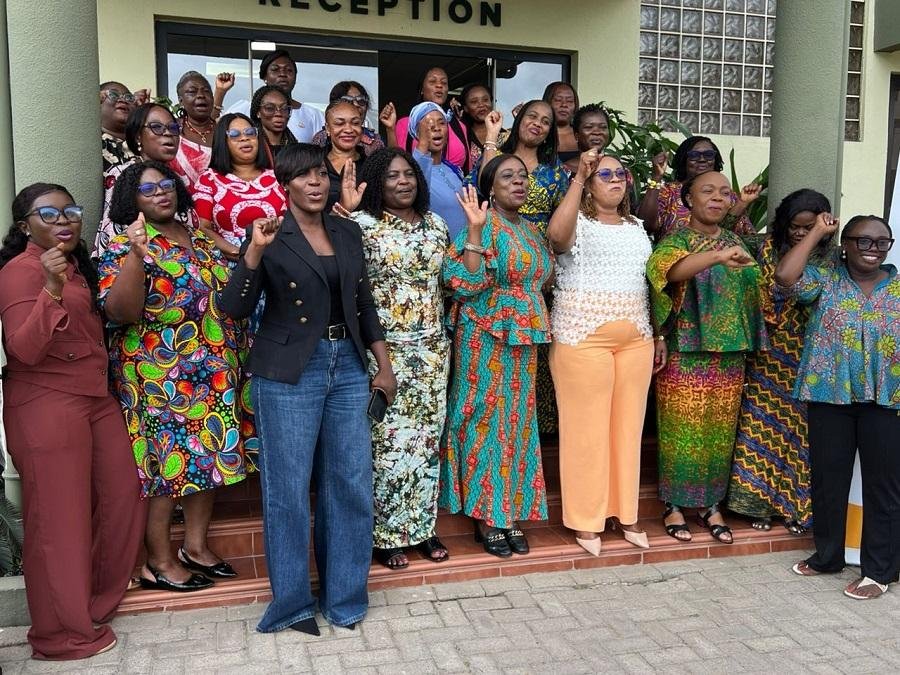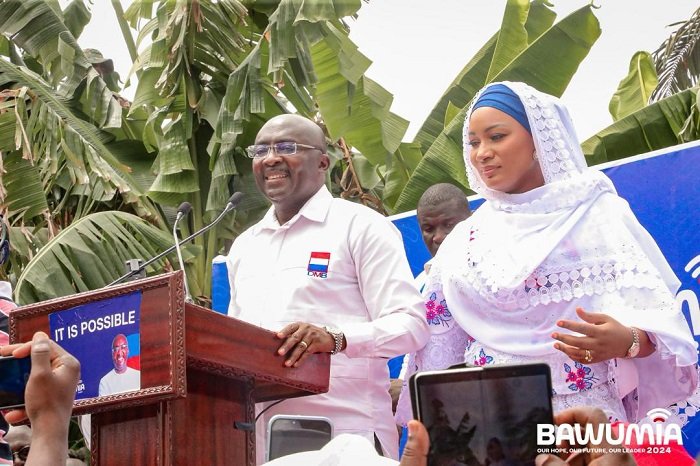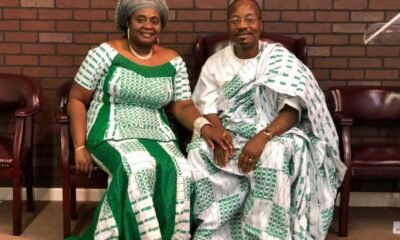News
Over 8,000 females live with HIV/AIDS in Bono Region — HIV Coordinator
The female population of persons living with HIV and AIDS (PLwHAs) in the Bono Region outnumbers the male, statistics from the Ghana Health Service (GHS) has indicated. The figure reveals as of September 2024, out of the total 11,401 persons living with HIV and AIDS (PLwHAs) in the region, 8,481 of them were females and 2,727 males.
Mr Emmanuel Obeng-Hinneh, the Bono Regional HIV Coordinator of the GHS who disclosed the figures, added that, however, all PLwHAs were currently on treatment.
He was speaking at a stakeholder meeting in Sunyani organised by the Bono Regional office of the Technical Support Unit of the Ghana AIDS Commission (GAC) in collaboration with the Bono Regional Coordinating Council.
The meeting sought to identify gaps and opportunities to strengthen the Regional HIV response and provided a common platform for the stakeholders to share, identify and find lasting solutions to challenges and well strategies to improve HIV prevention, treatment, and care.
Mr Obeng-Hinneh also highlighted the Viral Load (VL) testing trend on HIV, saying out of the 9,791 clients eligible for test, 8,177 samples had been taken, with 6,270 tests conducted.
“The VL testing coverage was 64 per cent with 88 per cent VL suppression rate,” he stated. Mr Ahmed Ibrahim Bambilla, the Bono, Bono East, and Ahafo Regional Technical Coordinator of the GAC urged the stakeholders to continue to support the Commission to effectively respond to the HIV trend in the region. He stressed the GAC’s commitment to support NGOs to undertake HIV preventive measures and programmes in order to help stem the spread of the disease. -GNA
News
Politicising gender-based violence harmful —Dakoa Newman

A Former Minister of Gender, Children and Social Protection, Ms Dakoa Newman, has called for an end to politicising gen der-based violence.
She said it should be “treated as a national emergency.”
According to her, politicising gender-based violence was harmful, as it distracts and deters women from achieving their political dreams.
“Gender-based violence in politics should not be politicised. If we truly want more women to participate, we must address these issues collectively. Some women are tagged with names such as witches, prostitutes just for contesting for elections.”
She said this during an engagement with non-elected women parliamentary candidates organised by Abantu for Development.
The session was on the theme “Strengthening Activism for a Gender-Responsive Elections 2024 in Ghana.”
The ex-MP for Okaikwei South stated that “Standing for election requires courage and sacrifice. As women, we often give up time with our families, our children, and our personal lives to pursue leadership. Whether you win or not, that effort must be recognised.”
Ms Newman noted that losing an election, while painful, should not mark the end of a political career. “It can be a stepping stone to new opportunities in governance and party leadership,” she added.
Recalling her own experiences during the 2024 elections, she stressed that political violence discourages many women from entering politics.
On financing, she urged partners and stakeholders to go beyond workshops and invest directly in women aspirants. “Financing is the number one barrier. Without resources, women cannot effectively compete. Organisations must support candidates with funding, research, and constituency-specific tools,” she emphasised.
Dr Mensah-Kutin, Chief Executive Officer (CEO) for Abantu for Development, revealed that 119 women contested in the 2024 parliamentary elections, out of which 78 did not win their seats.
She stressed that their contributions remained important for shaping future advocacy and strengthening women’s representation.
She also noted that although the Affirmative Action Law was passed in 2024, it came too close to the elections to be fully implemented, making platforms such as this engagement critical in pushing for increased participation of women in governance.
She called for full implementation of the Affirmative Action (Gender Equity) Act, 2024 (Act 1121), noting that its 30 per cent quota must be applied strictly across all levels of governance.
The event was supported by the African Women’s Development Fund (AWDF) which seeks to reflect on the experiences of women candidates during the elections.
By Linda Abrefi Wadie
News
NDC lied to Ghanaians – Dr. Bawumia states

Flagbearer hopeful of the New Patriotic Party (NPP), Dr. Mahamudu Bawumia, has chastised the National Democratic Congress (NDC) for what he describes as lies and empty promises made to Ghanaians ahead of the 2024 elections.
According to him, the NDC convinced voters with promises they had no intention of keeping, including paying cocoa farmers at least GH₵6,000, repealing laws to fight illegal mining, and creating jobs through a 24-hour economy.
He said it was now evident that those promises were only political gimmicks.
He made these remarks after filing his nomination papers to contest the NPP flagbearer slot at the party’s head office in Accra today.
Dr. Bawumia stressed that the NPP had learnt lessons from the 2024 defeat and would put those lessons to good use as the party prepared for the 2028 elections.
He noted that, unlike the NDC, the NPP had a track record of introducing policies that had positively impacted millions of Ghanaians, citing the Ghana Card, Mobile Money Interoperability and Agenda 111 projects.
The former Vice President urged NPP members to stay united and avoid internal attacks, warning that divisions would only weaken the party.
He emphasized that the NPP’s true opponent was the NDC and not its own members.
By: Jacob Aggrey






